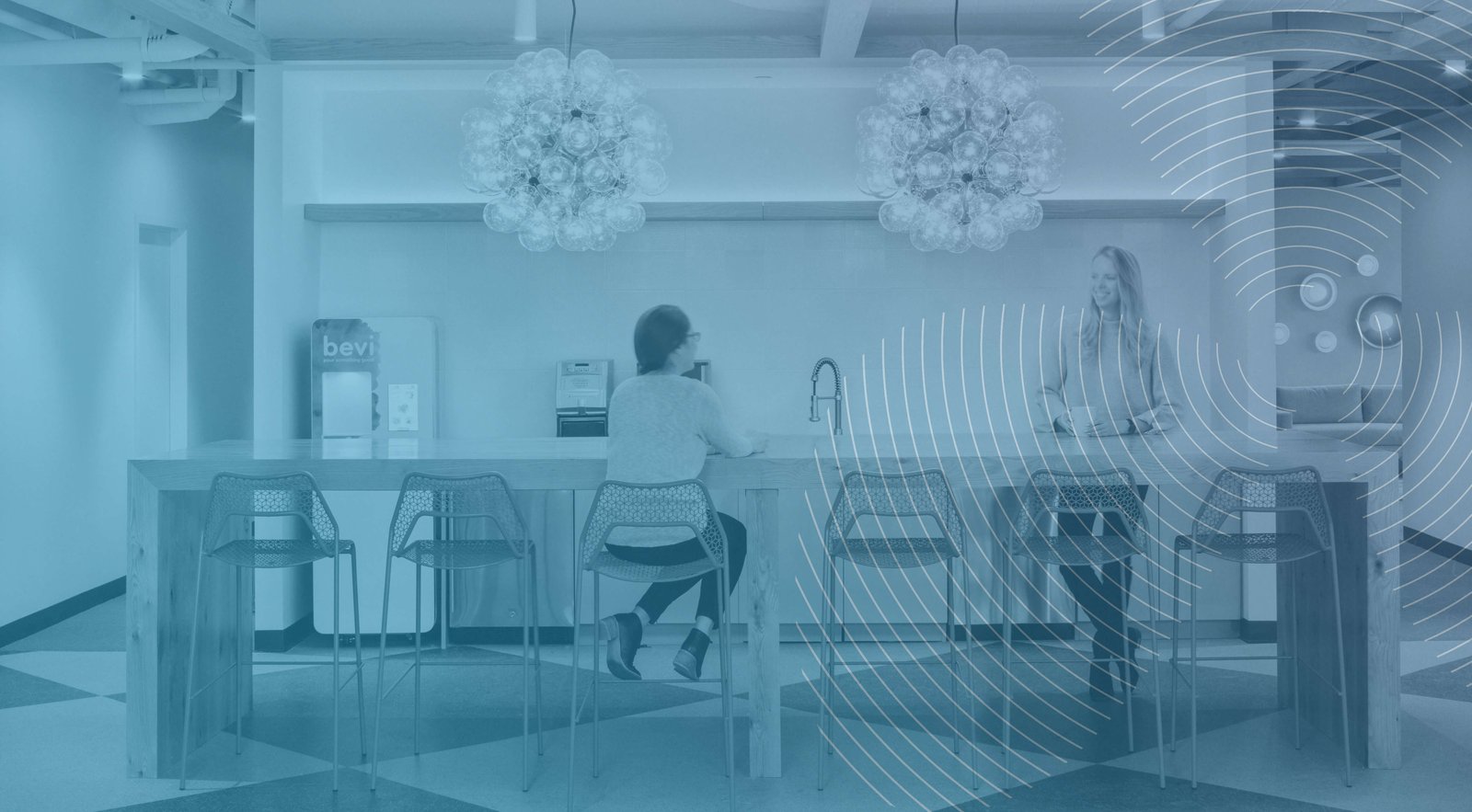
The legal sector may have clung to office-based working as the world moved on around it, but the coronavirus has forced it to confront the reality and benefits of distributed working. And that could be a very positive move.
Law firms measure their own output to an extraordinary degree. Throughout their entire working life, vast numbers of lawyers record their activities in 6-minute increments. There’s no question of their being either unaccounted-for or unaccountable.
That’s why it’s odd that law firms remained caught in the grip of presenteeism. Partners may have been out of the office a lot, seeing clients, but they expected juniors and staff to be at their desks, demonstrably doing billable work. Knowing this, those individuals put in long hours at their desks to prove their dedication and hard work, hoping to be chosen for high-value and interesting work so they have a chance to shine and can build their ‘book’.
It seems that many senior leaders couldn’t trust their people enough to find out what might happen if they allowed individuals to work away from the office – not even necessarily all of the time, but when the individual thought their work would benefit. The implication of that lack of trust was a tough message for highly educated, hard-working people.
As it happens, aspects of their work would almost certainly be more productive, and of higher quality, if they were able to use other locations. We know this now, because Covid-19 drove people into their homes and proved they could deliver high-quality work from there. Finally, law firms and lawyers are discovering the advantages of ‘remote’ or ‘distributed’ working (which can mean 100% time away from the office, or a blend of the office and other locations).
"What if I told you there was a way your legal firm could cut overheads, keep clients happy and grow? …A distributed team can increase your talent pool, increase employee engagement and retention, [and] improve your employees' lives.” - The Case for Distributed Teams in Law Firms
| What may be best done in the office? | What may be best done remotely? |
| Significant team meetings | One-to-one catch-ups by video call |
| HR activity such as onboarding and performance reviews | Recruitment interviews |
| Mentoring and learning by osmosis | Online training/learning |
| Collaboration and networking | Deep focus law work (reading and drafting) |
| Reinforcing the firm culture, behaviours, and values | Administrative work such as billing, case planning, and timesheets |
| High-stakes client meetings | Client conference calls and providing advice |
| Co-creation with clients and in-house counsel | Business planning and report-writing |
| Use of hard-copy law library (although increasingly obsolete) | Use of digitised law resources |
| Centralised services such as IT support, volume document scanning and copying | Cloud-based collaboration and case management |
Why shouldn't law firms expect things to go back to normal?
Because Covid-19 has forced them to confront the benefits of distributed working head on – and lawyers and professional support staff are saying it’s what they want. This will have major implications for recruitment, motivation, retention and office planning in future.
Firm life has now become much more about what people want, and less about what the firm dictates. A RollOnFriday poll of over 2,500 lawyers and law firm staff in June 2020 saw responses from lawyers such as “My heart will sink when I have to get on the [train] at 7.30am again,” and "I save 3 hours a day and £4,800 (US$6,160) a year by losing my commute". The poll also found that:
Before the pandemic
- over 50% preferred to work in the office every day
- only 2% wanted to work from home all week
In the short term, once the pandemic has ended
- 75% hope to work from home for at least 3 days a week
- almost 40% don’t want to set foot in the office at all
- just 7% want to return to the office full-time
In the long term
- 44% only want to work in the office for one or two days a week
- 10% don’t want to go back to the office at all
- only 10% said their preference was to return full-time
How can technology help?
Technology usually steps in to lend a hand. One legal software company, Litify, says transparency is key to remote working, so their platform “ensures that managing partners have a bird’s eye view into their entire operations, know where each matter stands, how many cases each attorney is responsible for, and how they are performing against their colleagues… attorneys and paralegals can see their deadlines and tasks at a glance, and are better equipped to meet expectations because of it."
Video-calling has brought real advantages. Pre-Covid, a client call might have been made purely by phone – making it less personal, more transactional. The new familiarity with video calls means that even simple one-on-one calls are being done with tools like Teams or Skype, and they’re richer for it. On a video call, much more can be conveyed through non-verbal signals, and there’s a far greater sense of personal contact and relationship.
For those who really must hang onto ‘line of sight’ management, we’ve been looking into creating ‘wormholes’. In other words, people work remotely from one another, in multiple locations, but keep a portal open all the time so they can see and hear each other. This enables spontaneous contact, thereby cutting down on the overly formal diarising of calls and written queries through email or chat facilities.
By implementing a few tools, such as collaboration and document management software, and a virtual private network (for encrypting transmitted files to maintain client confidentiality), working from home can rapidly become an effective option for those team members who want it and when it makes sense for the task at hand.
Next time
In the next article in this series, we’ll look at how Covid-19 has impacted on law firms’ needs for real estate.
In the meantime, why not learn more: request a complimentary copy of Threshold: 21 Influences on the Legal Workplace. Author Simon Pole, our Global Design Director, has a special interest and experience in the legal sector. He shares his in-depth thoughts about a wide range of issues and topics in the legal workplace, from AI to the battle of the generations via smart buildings and serendipity.



